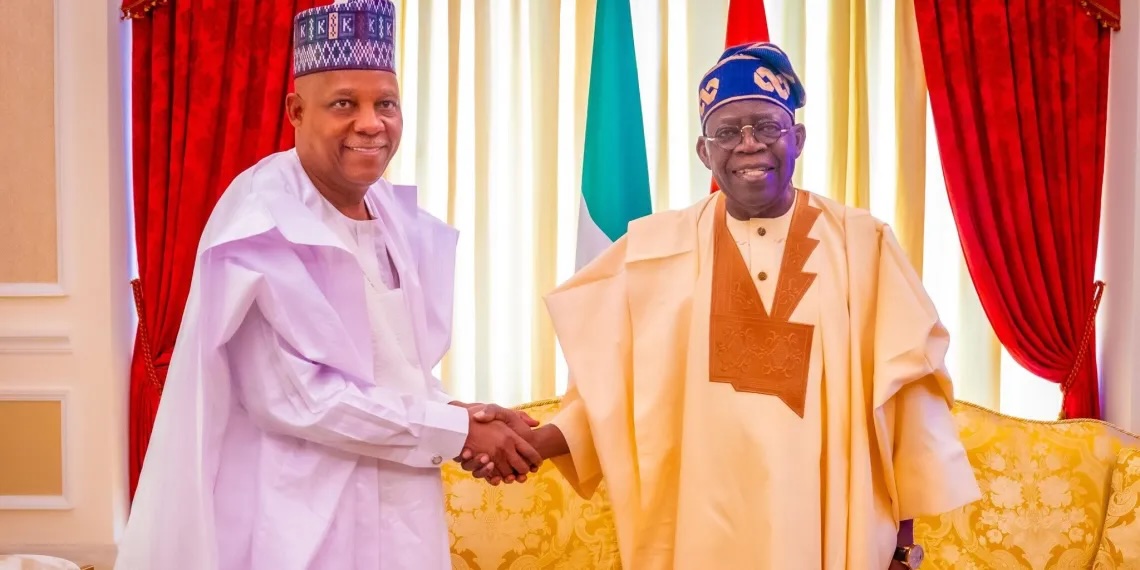 Take this piece as part of my teaching diary, you auspicious reader! I never thought taking up a 100 level course could add any value to my young teaching ability. When I started, my mission was to engage the students to the fullest. As I taught them, I gave them assignments so they could absorb the culture of independent reading and learning. Psychologically, this will have its way of touching and changing their class attitude at the deepest level of being. They will be able to assimilate.
Take this piece as part of my teaching diary, you auspicious reader! I never thought taking up a 100 level course could add any value to my young teaching ability. When I started, my mission was to engage the students to the fullest. As I taught them, I gave them assignments so they could absorb the culture of independent reading and learning. Psychologically, this will have its way of touching and changing their class attitude at the deepest level of being. They will be able to assimilate.
The first assignment was on the history of persuasion in a course on public speaking. They turned in their papers and I had to familiarise myself with the content before grading. I discovered that the smallest experience in life can produce an amazon of outcome. How public speaking started in ancient Greece became an interest for me. It started in a most bizarre way with the sophists who are itinerant teachers of influence.
The Sophists went around with their oratorical skill trying to persuade people to believe their ability. They reviewed a lot of subjects about how their society worked. In the process, people got interested to acquire sophistry, which became an instant art. They believed you have to learn sophistry in order to be successful in life. They were ready to pay to acquire the skill, as it turned out to be important for law and politics. Protagoras, one of the Sophists, became notorious for charging extremely high fee. His famous statement is very instructive for us in this piece: “I can make the weaker argument to become the stronger”. The Sophists were notorious for employing such deceptive and manipulative reasoning for their arguments. These are arguments that foreground falsehood and rubbish the truth. For the Sophists truth does not count, what matters is how you manipulate your audience to believe your story.
Socrates became a virulent opponent of the way of the sophists. He encouraged the people not to absorb everything they say, but they should rather employ critical thinking when they are face to face with sophistry. Aristotle said credibility or ethical appeal of the speaker is very important for the audience to take note of. He must be someone whose speaking and acting convey the same meaning to his audience. This is apart from logical and emotional appeal.
The tactics that sophists employed in their argument is what we will call manipulation or deception today or disinformation/misinformation in this digital age. Manipulation is not the same thing as persuasion. The persuader employs sound reasoning backed by factual evidence in making his case while the manipulator uses warped or deceitful reasoning. But the outcome is the same: influence. Those who already have influence want to maintain and increase influence.
Those who have power want to maintain and increase power. In the process, the manipulator makes a monster of opponents by demonising them in order to occupy these levels of being. Most classical thinkers were on the side of persuasion, as they consider it crucial to democratic engagement. Democracy brings the politician face to face with the people because of belief and norm. It is part of the norm of democracy that you let the people know what they should know before they decide to vote for you. Persuasion activity during electioneering campaigns is crucial to decision-making. The people have the right to know their prospective or potential leaders. The people have the right to know their antecedents. They have the right to know whatever such leader is offering before they make their judgement whether or not to vote for him/her. So the politician makes all these known during electioneering campaign.
So campaigns should ordinarily focus on these issues. The role of the politician is not to smear opponents or demonise them for personal gain or to shore up electoral value. The role of the politician is not to turn opponents to subject of discussion during electioneering campaign. You do not run down opponents in order to look good before voters. Our recent history of electioneering gave discerning minds serious concern. We have had off-season elections in Edo and Ondo states. Campaign rhetoric from these states gave us nothing to cheer. It instead gave us goose pimples. One that has become metaphor for the rest is Adams Oshiomhole’s comment about Godwin Obaseki and wife where he described them as ‘childless’. He came under intense criticism from other opinion molders.
Dele Momodu described the comment this way, “My dear Egbon Comrade ADAMS, Sir, I have watched this video endlessly and to say I’m shocked and mortified at how low you sank is to put it mildly. I pray you will find the courage to apologise publicly for this horrendous tantrum. It is never a crime to be childless. You could easily have said your candidate has a wife and children and leave it there, but you went too far in this diatribe. Is it more than POLITICS?”
I want to propose the following arguments: Oshiomhole is saying the truth. Not sure, needs verification! He is blunt about it. Yes! However, he said whatever he said to offend the sensibility and unwritten rhetorical code of persuasion in our society. So this is the glaring deficiency in his process of persuasion. Momodu attempted to help him overcome the deficiency by proposing he should find the courage to apologise publicly to the family.
The public nature of the proposed apology is devised to satisfy the wrong Oshiomhole perpetuated against societal code of persuasion. Ordinarily society frowns at any act that does not deserve commendation. This one does not, hence society frowns instead. ‘Childless’ is name calling and this can be likened to using propaganda to achieve cheap personal and political gain.
‘Childless’ is meant to get back at somebody who had outsmarted another’s political calculations once. He does not want it to happen again, ‘Childless’ could therefore be a child of desperation. Lastly, ‘childless’ won the victory, but substituted meritocracy on the altar of expediency for mediocrity. The result has started to come out for all to see.
How can name calling hurt electioneering campaigns? This process can harm electioneering and democracy greatly on the long run. On the long run, it damages the attacker’s reputation, rather than harming his opponent. This is because voters tend to view name-calling as a sign of weakness and desperation. Name-calling can also derail important discussions and distract from key issues.
Instead of addressing substantive topics, campaigns focus on defending against personal attacks or launching counter attacks. This creates a toxic environment that can turn off voters and undermine the democratic process. Name-calling can have corrosive effect on civic discourse and contribute to a culture of incivility. It can lead to an increased polarisation and division, as voters become more entrenched in their positions and less willing to listen to opposing views.
Overall, name-calling is a losing strategy in electioneering campaigns if not in short term, it will happen on the long run. To become a statesman after a political career, therefore, run away from a process of persuasion marred by name-calling, character assassination, political bullying, misinformation, etc. Our electioneering environment will be better if political actors keep to the rule of engagement.
Fr. Kehinde wrote in from Afe Babalola University, Ado-Ekiti.






